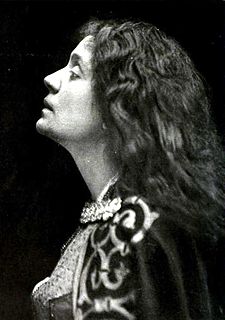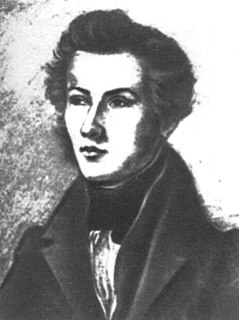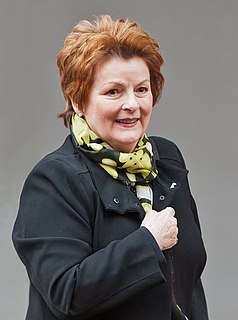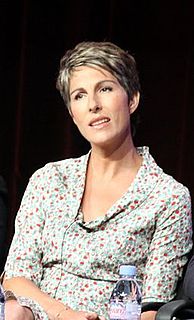A Quote by Kenneth Tynan
Drama criticism ... is a self-knowing account of the way in which one's consciousness has been modified during an evening at the theatre.
Related Quotes
To save the theatre, the theatre must be destroyed, the actors and actresses must all die of the plague. They poison the air, they make art impossible. It is not drama that they play, but pieces for the theatre. We should return to the Greeks, play in the open air; the drama dies of stalls and boxes and evening dress, and people who come to digest their dinner.
I hate orthodox criticism. I don't mean great criticism, like that of Matthew Arnold and others, but the usual small niggling, fussy-mussy criticism, which thinks it can improve people by telling them where they are wrong, and results only in putting them in straitjackets of hesitancy and self-consciousness, and weazening all vision and bravery.
Therefore, criticism has to direct itself against itself, and against the mysterious Substance in which it has up to now hid itself. In this way criticism must resolve things such that the development of this Substance drives itself forward to the Universality and Certainty of the Idea of its actual existence, the Eternal Self-consciousness.
The excitement of theatre is palpable but the frustrations, and the complete absence of a definitive evening - the play as text means practically nothing in a way - , there's no particular performance that is definitive in the way a novel is a solid object you hold in your hands and here it is. You can't say that about a play. If the novel gives us a sense of throbbing consciousness, theater is pure soul, beautiful and elusive.
That was one of the big problems in the [Black Panther] Party. Criticism and self-criticism were not encouraged, and the little that was given often wasn’t taken seriously. Constructive criticism and self-criticism are extremely important for any revolutionary organization. Without them, people tend to drown in their mistakes, not learn from them.
The Spirit which is within you is a collective being and once you are awakened into the light of Spirit, you become a collective being. That means, on your finger tips you can feel the centers of others also as you can feel yourself. By knowing yourself you know the self knowledge, the inner self knowledge and by knowing others you are in collective consciousness.
I'm doing The Physicists, which is great, and I do have my agent to thank for that because a lot of agents try and talk you out of doing theatre. They don't push theatre because you can make more money doing television, whereas theatre wages are pretty shocking. But it's something I've always been keen to do and have been encouraged to do so, which is nice.
We have traditionally thought of knowing in terms of subject and object and have struggled to attain objectivity by detaching our subjectivity. It can't be done, and one of the achievements of postmodernity is to demonstrate that. What we are called to, and what in the resurrection we are equipped for, is a knowing in which we are involved as subjects but as self-giving, not as self-seeking, subjects: in other words, a knowing that is a form of love.
Compare the cinema with theatre. Both are dramatic arts. Theatre brings actors before a public and every night during the season they re-enact the same drama. Deep in the nature of theatre is a sense of ritual. The cinema, by contrast, transports its audience individually, singly, out of the theatre towards the unknown.




































